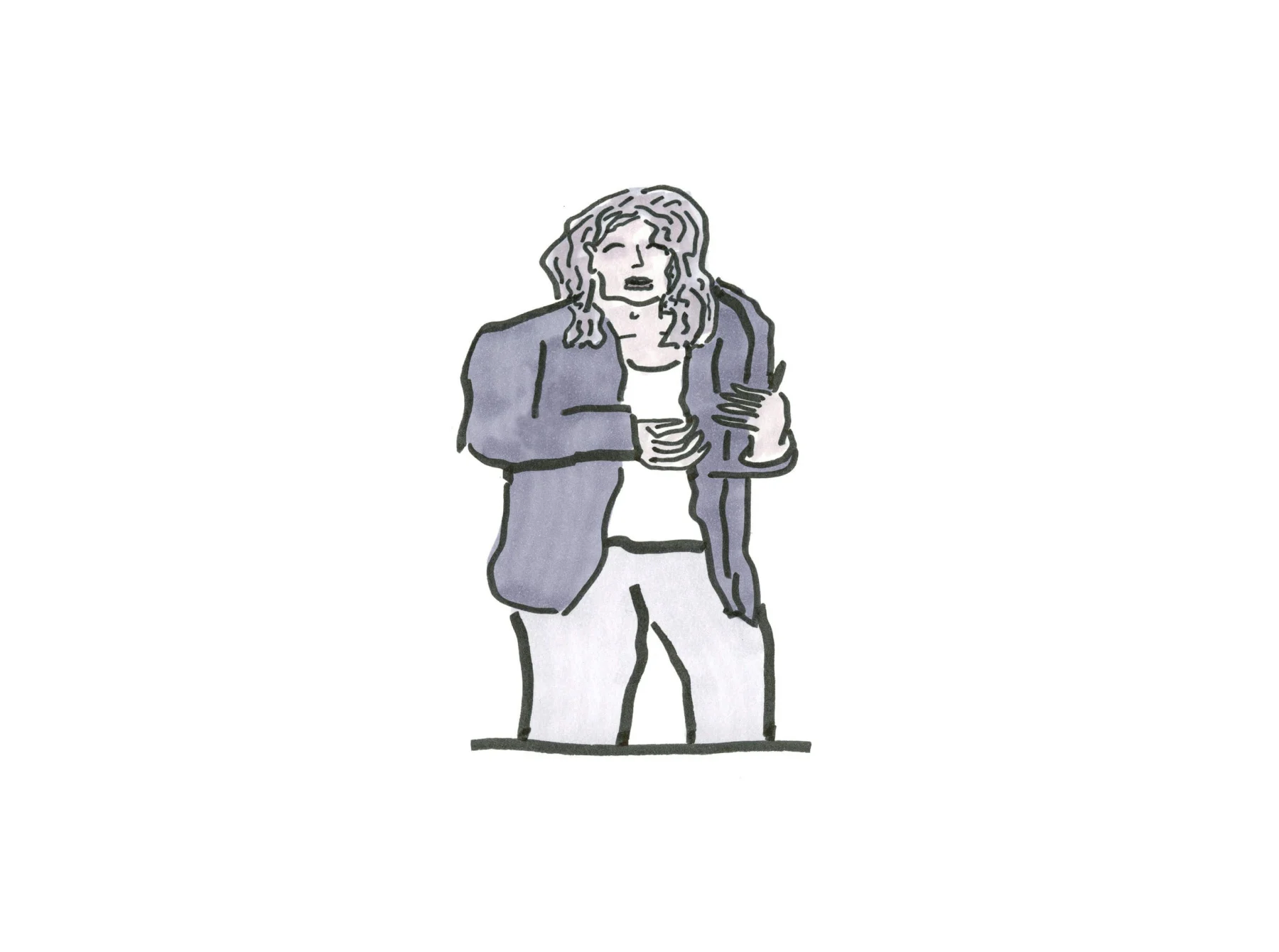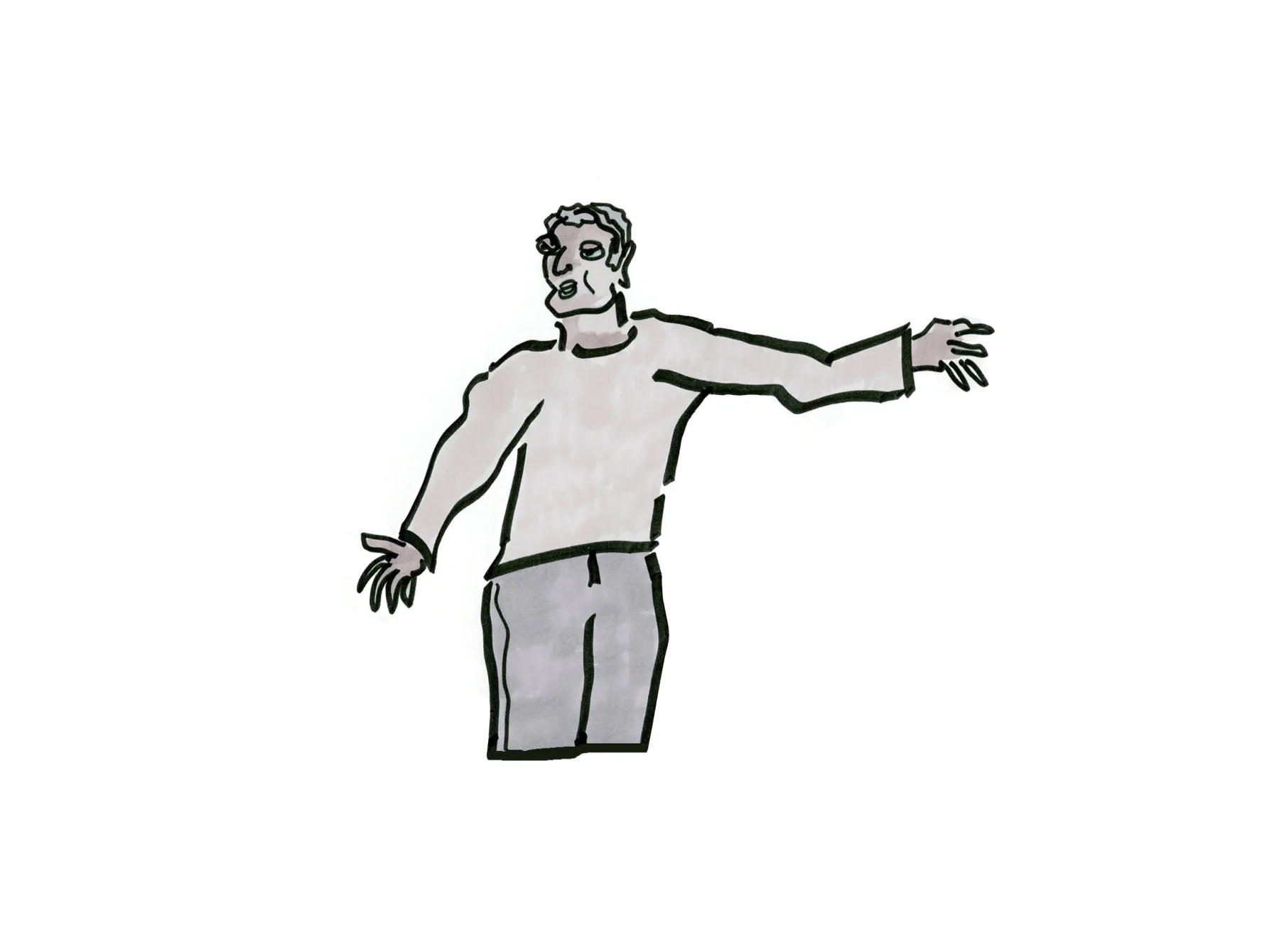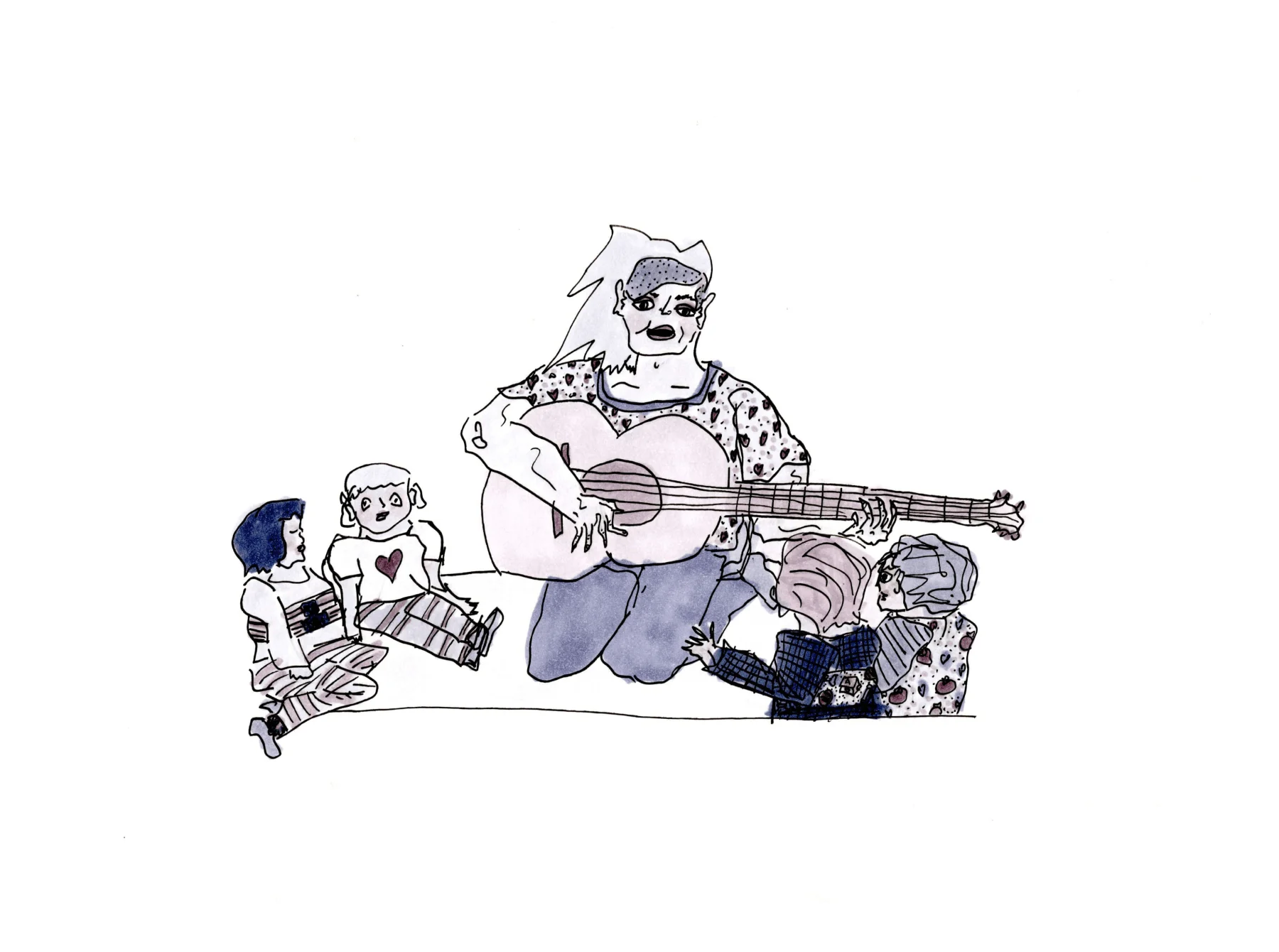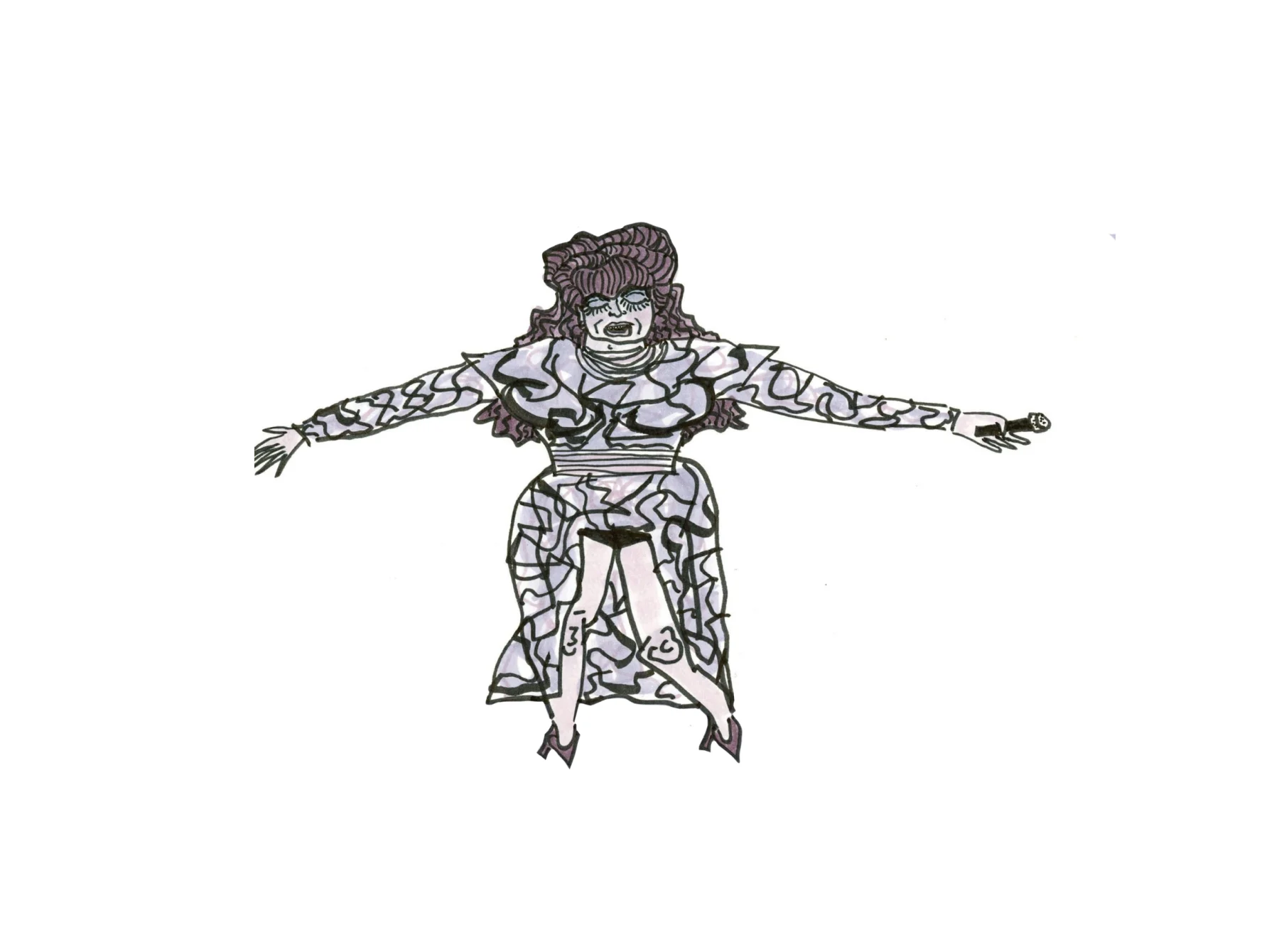
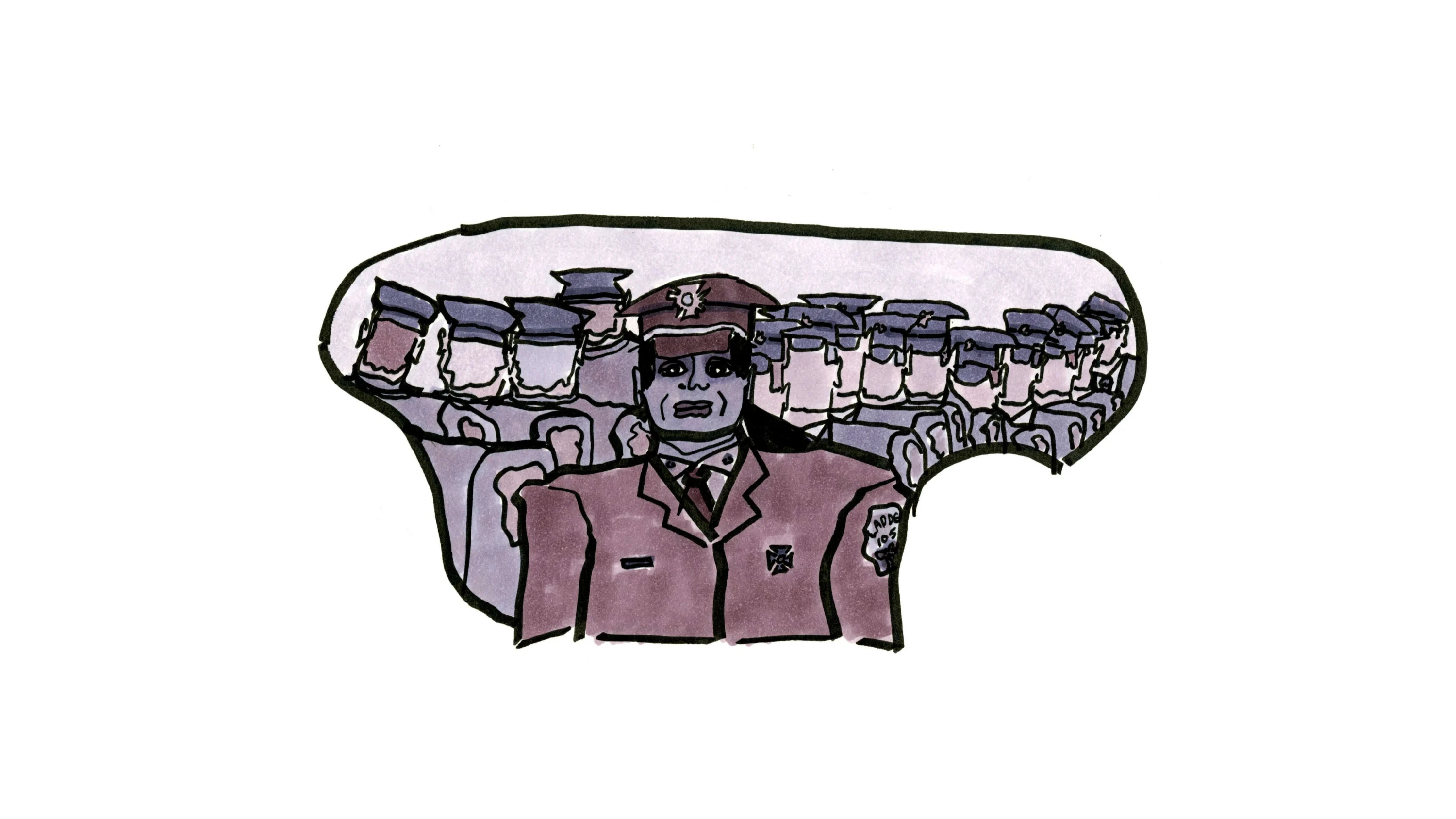
Brooklyn-born Regina Wilson has been a firefighter for 19 years, but as a black woman she’s part of a tiny minority on New York City’s fire department. She joined the force in 1999 and in 2001 she was among the first responders to the World Trade Center on September 11. She had actually switched trucks that day – everyone was killed on the one she was due to ride on.
Now as the first female president of the Vulcan Society, an organization that supports black firefighters, she fights against both the gender and racial issues that affect her fellow officers. Below, in her own words, Regina talks about how and why she became a firefighter.
Illustrations by Heather Loase.
I work in the Park Slope section of Brooklyn in Engine 219, and I'm in with Ladder 105. I am one of 67 women in a force of 11,000 firefighters and fire officers. We are 0.6% of the population of the Fire Department of New York. And I am one of a little over eight-hundred-plus of African-Americans as a whole, so we represent 8% of the department.
My journey started with being recruited at the Black Expo at the Javitz Center. I was approached by a recruiter, and they were just telling me that there weren't a lot of women and people of color. And I was always curious as to why, because everybody loves firefighters, you know?
That's what sparked my interest. But I didn’t apply until I was able to meet up with the Vulcan Society and the United Women Firefighters organization. They mentored me through the process. That's what convinced me to become a firefighter more than anything else.

I think the history of the FDNY was never really inclusive of women or people of color. It was basically geared more towards white men, and it was predominantly Irish men at the time, so the opportunities were never really given to people that didn’t meet that description.
Through history, we have challenged the department. We're holding their feet to the fire to make sure those numbers and the demographics change.
It took me out of my comfort zone. My class started off with 300 people and I was the only woman there.
The training is intense. So, before I became a firefighter, I was training for almost a year. You have to not only be physically ready, but I also feel there's a different element of training for a woman — because of the dynamics of you possibly being the only woman there. You might not feel like... You feel like you're alone.
In order to not feel that way, and to feel like you're there to meet a specific goal, then you have to train yourself to think I'm here for a purpose. I have to serve that purpose, and I don't care if anybody here doesn't look like me.
You have to really have the mindset and be hungry for what you wanna do. I was coming out of corporate America, so I went from wearing suits and heels and working on computers to being able to cut roofs and break down doors. You really have to adjust to the culture shock.

The shift wasn't easy, because it took me out of my comfort zone. It took me into a place where there wasn't a lot of people that looked like me. My class started off with 300 people and I was the only woman there.
You have to realize within yourself that there's a strength and a power you have that no-one can ever take away. At this point in my life, no-one can ever again tell me that I can't do anything. I've competed against men. I came out stronger, I came out better, I came out tougher. My mind is more developed, and my passion for people has grown.
When you have those elements, there's nothing anyone can tell you that you can't do anymore. And I still have that feeling to this day.
WeTransfer is a proud supporter of the University of the Underground. This free two-year Masters program uses design thinking to tackle the world’s biggest problems.
Notes from the Underground is an interview series curated – and sometimes conducted – by its founder, Dr Nelly Ben Hayoun. From a world-renowned curator to an anarchist drag artist, the pieces take us into some of the most unusual creative minds working today.


